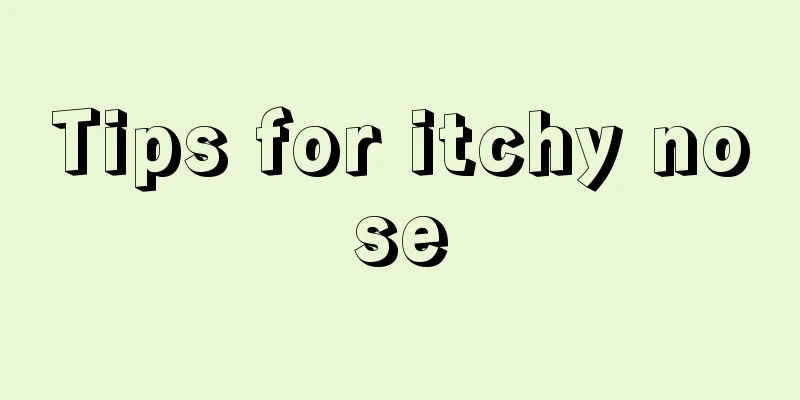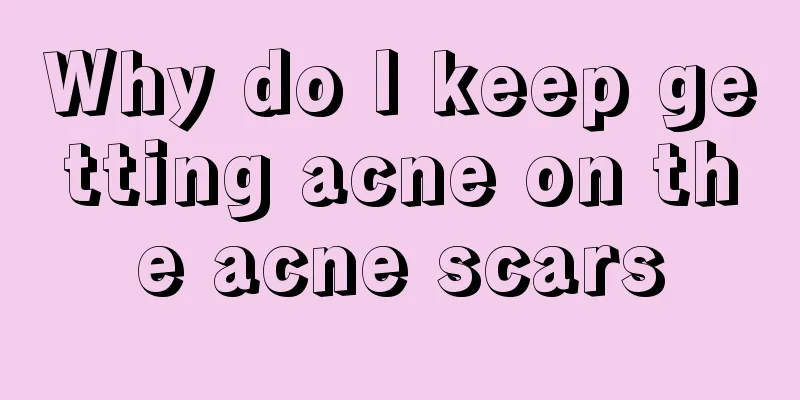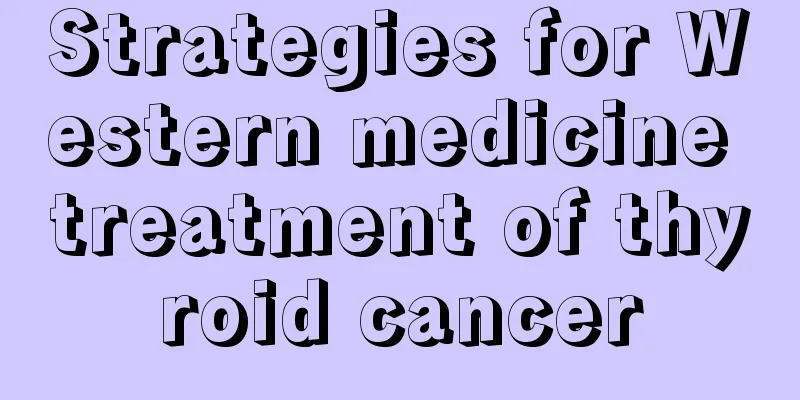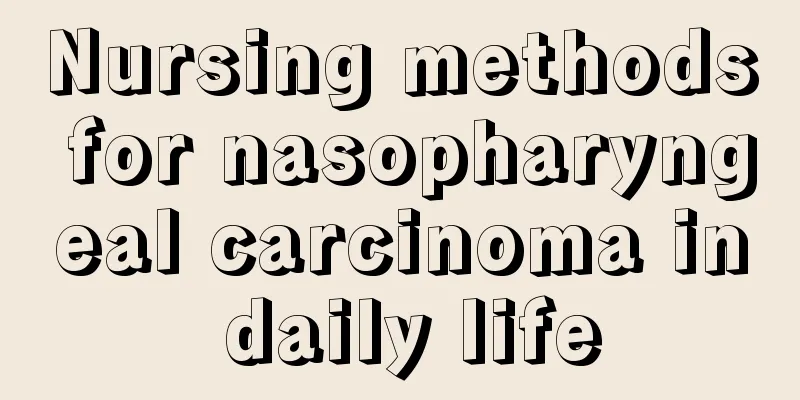Tips for itchy nose

|
Itching inside the nose is very common in life. When encountering this situation, everyone likes to dig with their fingers to relieve the discomfort. In fact, itchy nose is considered a common symptom of rhinitis in traditional Chinese medicine. The main symptoms include dryness and itching in the nose. Especially some relatively dry climates are more likely to induce rhinitis. So, what should we do when faced with itching in the nose? 1. Avoid contact with allergens (1) The number of dust mites in the room should be less than 20/m2; maintain the relative humidity of the living space below 60%, but too low (such as below 30%-40%) will cause discomfort; sweep the carpet; wash bedding and curtains. Mite allergens are soluble in water, and washing textiles can remove most of the allergens; use air purifiers and vacuum cleaners with filters. (2) Avoid allergens during the corresponding pollen allergy season. (3) Patients who are allergic to animal fur should avoid allergens. 2. Drug treatment Intranasal and oral administration are commonly used, and the efficacy may vary between different patients. There is no long-term sustained efficacy after discontinuation of the drug, so maintenance treatment is required for persistent allergic rhinitis. Prolonged treatment does not lead to rapid drug resistance. Intranasal administration has many advantages. High concentrations of drugs can act directly on the nose, avoiding or reducing systemic side effects. However, for patients with other allergic diseases, drugs need to act on different target organs, and intranasal administration is not the best choice. Systemic drug treatment is recommended. (1) Antihistamines Oral or nasal second-generation or new H1 antihistamines can effectively relieve symptoms such as nasal itching, sneezing and runny nose. It is suitable for mild intermittent and mild persistent allergic rhinitis, and can be used in combination with nasal corticosteroids to treat moderate to severe allergic rhinitis. (2) Nasal corticosteroids can effectively relieve symptoms such as nasal congestion, runny nose and sneezing. For critically ill patients who do not respond to other drug treatments or cannot tolerate nasal medications, oral corticosteroids can be used for short-term treatment. (3) Anti-leukotriene drugs are effective for allergic rhinitis and asthma. (4) Chromone drugs are effective in relieving nasal symptoms, and eye drops are effective in relieving eye symptoms. (5) Intranasal decongestants can relieve nasal congestion symptoms caused by nasal congestion, and the course of treatment should be controlled within 7 days. (6) Intranasal anticholine drugs can effectively suppress runny nose. (7) Some Chinese medicines are effective in relieving symptoms. The treatment principles for children and the elderly are the same as those for adults, but special attention should be paid to avoiding adverse drug reactions. (8) Pregnant patients should use various drugs with caution. |
<<: What to do if your nose is always blocked
>>: What to do if your nose is oily
Recommend
Recommendation of the best Chinese medicine hospital for treating osteosarcoma
Traditional Chinese medicine is a traditional Chi...
How to ripen green mango more effectively
Many people buy mangoes that are actually not rip...
What to do if you have a heat stroke
The temperature in summer is generally high regar...
Why do I get sleep paralysis
Many people may have experienced sleep paralysis....
What should I do if I get swollen after being stung by a poisonous bee?
Being stung by a bee is a very common phenomenon,...
Learn how to remove formaldehyde with light salt water in life
People's understanding of formaldehyde is not...
What should I do if my dentures hurt?
Problems with our teeth will prevent us from abso...
What are the diagnostic criteria for early gastric cancer
What are the diagnostic criteria for early gastri...
What are the complications of gastric bleeding?
Gastric bleeding is a relatively serious stomach ...
Why does my neck often get stiff?
Many people do not pay attention to stiff neck, w...
Chance of recurrence of cerebral infarction
In fact, cerebral infarction is mostly caused by ...
Often bites tongue to hint at this matter
In our daily life and diet, it often happens that...
What should I do if my neck feels tight due to chronic pharyngitis?
Chronic pharyngitis may cause repeated inflammati...
Can ginger be used to wash hair for a long time?
When there is a problem with the scalp or hair, t...
What is the formula of soapberry shampoo
Soapnut shampoo is a product with very good shamp...









